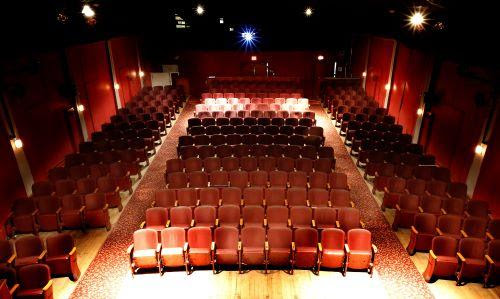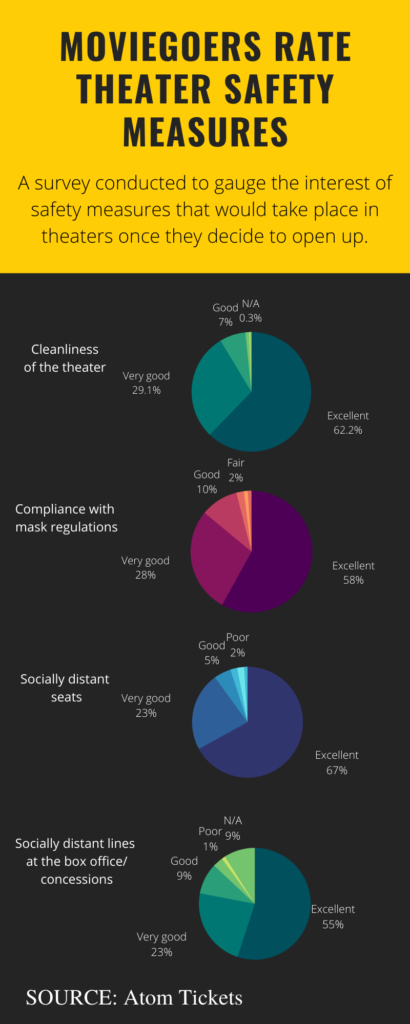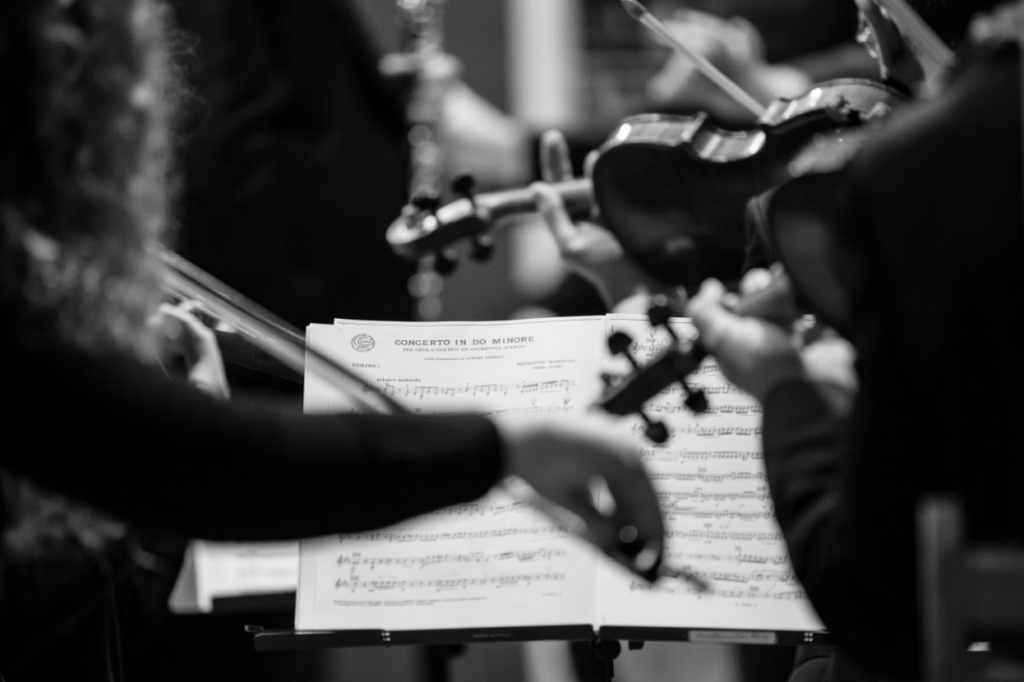Edited and packaged by Austin Kong
How can a nonprofit, educational and cultural charitable theater survive during the COVID-19 pandemic? Movie theaters are among many entertainment businesses that don’t have a clear pathway to recovery.
The Rosendale Theatre Collective is a nonprofit, independent company dedicated to preserving the historic Rosendale Theatre when it was first purchased from the Cacchio family on August 19, 2010. And for 10 years, the theater has been able to operate as a collective organization receiving donations and sponsoring annual memberships. Its reliance on community-based organization through volunteers in the area and committees makes it a “community-run initiative,” says Fre Atlast, president of the Board of Directors at the Rosendale Theatre. She also hosts The Elders Drum Project in an effort to “drum for peace,” which is a community drum circle open to all ages at the Rosendale Theatre.
Since the pandemic, most small movie theaters and entertainment companies bore the brunt of the economic impacts and many of them had to push their productions to next year or even later in order to comply with CDC social distancing guidelines. This left theaters no choice but to rely on streaming services to screen their movies and to think creatively about how to conduct business when things start to open back up again.
The Rosendale Theatre itself is looking to live-stream programming, events and to host discussions in an effort to supplement the movie theater experience. “It also allows us to reach a broader audience by showing virtual films and streaming special programs,” says Atlast.
Recently, the streaming service Eventive has been able to bring the Woodstock Film Festival and now the Rosendale Theatre’s productions into homes for a small price. Their website states that “there are a number of independent film distributors teaming up with cinemas across the country to support art houses and their theater.”
Although the Rosendale Theatre is unable to replicate the thrill patrons have of sneaking candy past the concessions stand, streaming productions continue to allow for community support as well as expand their audiences.
When discussing the movie theater experience, Atlast describes, “it’s one thing to experience it in your own home, but it’s a very different feeling to be in a theater, and the lights go down, and you suspend your rational thinking and get drawn into whatever is being portrayed. You have this shared experience with the rest of the audience. There’s an energy that is created in a room together, and I don’t think that there’s any substitute for that.”

The Rosendale Theatre Collective wisely decided to seize the opportunity to shut down its Main Street theater for reconstruction and so far has been able to sustain itself without opening to the public. Surrounded by paint cans and sawdust on the Rosendale Theatre’s stage floor, Atlast states “while [the theater is] closed down, we’re making improvements to the building itself that wouldn’t have been possible had we been open. We depend on the community for every aspect of this theater running. . . committees are vital to the theater functioning.”
“Surrounded by paint cans and sawdust on the Rosendale Theatre’s stage floor, Atlast states ‘while [the theater is] closed down, we’re making improvements to the building itself that wouldn’t have been possible had we been open.'”
—Fre Atlast, president of the Board of Directors at the Rosendale Theatre
As other Hudson Valley movie theaters began to slowly open their doors with a 25% capacity per Gov. Andrew Cuomo’s guidelines, Atlast says that the Rosendale Theatre was not ready to reopen because the improvements in progress wouldn’t have been possible had they already been open. So far, the theater has replaced its roof, put up walls, replaced projectors and continued to make major renovations to the theater. Atlast also expressed that opening the theater’s doors to the public is highly anticipated, but will not occur until an adequate air filtration system is installed in the movie theater and the Board of Directors “feels that it’s completely safe for everyone in this building.” The theater continues to renovate and modernize so that when it reopens, it will run efficiently.
In the meantime, Atlast adds that “we are scheduling small, socially distanced workgroups to approach many different skilled and unskilled projects.” She also plans on reintroducing live performances to the movie theater as they were very popular before the Rosendale Theatre’s many productions came to a fast halt.
Translating to major live productions, all 41 Broadway theaters shut down due to the Coronavirus pandemic, reports Sarah Whitten with CNBC News. City signs that used to be embellished with bright billboards showcasing the most popular productions like West Side Story and Wicked and Aladdin were extinguished early in 2020and probably won’t appear again until the Spring of 2021.
Michael Pachter, an analyst at Wedbush, states that the theater industry is “not going to recover fully until consumers are confident that they won’t die if they go to the movies.” Atlast agrees that “it’s going to take time for people to feel safe, even though we have these safeguards in place.” Whitten also reports that the distrust of the community towards movie theaters is reflected in major movie theaters stocks like AMC, IMAX, Marcus Theatres, and Cinemark. Overall, the sell-off of major movie theater stocks has wiped out nearly $2.7 billion in market value for these stocks since January 2020.

Patchter predicts that movie theaters will not accumulate a significant amount of revenue until they are able to open at full capacity and a vaccine for COVID-19 is widely available, “likely not until April to July 2021.”
Doug Stone, president of Box Office Analyst, has given his analysis in an article from CNBC claiming that with no significant revenue, there is a likelihood that theaters may shut down again and layoffs can occur. He also voiced his concern that a number of “less-capitalized” theaters will just give up by the end of the year.
The shutdown of theaters and live performances do not only affect the actors we see on stage, but the long list of people in the end credits are out of work as well. Laurent Rejto of the Hudson Valley Film Commission said, “The effect of COVID-19 has been brutal. Regional production came to a standstill in mid-March. . . Local crew, cast members and vendors went without work and revenue for months. The film commission also lost an enormous amount of funding due to COVID-19, but we’re making every effort to come back stronger than ever.”
As for the Hudson Valley Film Commission, Rejito states that they’re “currently working with at least four productions including ‘The Green Veil’ and ‘The Sixth Reel.’” For 2021, they are aiming to produce two potential HBO limited series and one Showtime limited series. Rejto also adds that “we’re also working with about 10 indie films for 2021.”
One company out of Kerhonkson, New York, has actually been able to stay busy during the pandemic. Tim Miller is an executive producer and creative director of Big Chief Studio, which is a digital media production company. They have been able to keep their business by creating video content such as including global corporate ad campaigns, commercial marketing and promotional videos for local clients. Big Chief also works closely with ABC in addition to working on promotional projects for SUNY schools.
“I can’t lie, it’s been tough for us, but we’ve never ever been as busy as we’ve been over the past nine months,” Miller says.
Miller has adapted by creating a virtual staff of about 10 people and having a mix of editors, designers and mixers work remotely.
As of Nov. 11, several productions partnered with the Hudson Valley Film Commission are working under strict COVID-19 guidelines. Due to these restrictions in film production companies, films and TV shows have yet to be released including “Silent Retreat,” “Things Heard and Seen,” “Save Yourselves,” “Black Bear,” “Lapsis” and “Audrey.” Although social distancing guidelines and regulations did not affect the filming process in the summer of 2019, it did affect the post-production of these films and even caused HBO to reschedule the premiere of The Undoing to earlier last month.
The pandemic in the United States has slowed all aspects of production. Theaters and production companies are slowly returning to work with daily testings, temperature checks, social distancing, masks and other personal protective equipment.
The pandemic in the United States has slowed all aspects of production. Theaters and production companies are slowly returning to work with daily testings, temperature checks, social distancing, masks, and other personal protective equipment.
Thankfully, the Rosendale Theatre Collective is still steadfast in its dedication to supporting independent films and presenting them to the public whether on screen or through streaming services.
The outbreak of the pandemic earlier this year challenged theaters’ ability to scramble for income, and CNBC reports that even some chain movie theaters like AMC weren’t prepared for such a sudden shutdown. Still, the Rosendale Theatre Collective has not only been able to stay afloat, but to continue modernizing and improving. The Coronavirus has decimated the business of American movies, but the question is: will they ever come back and if so, how?
